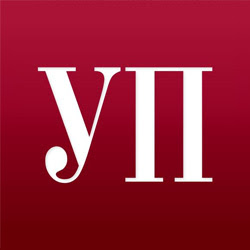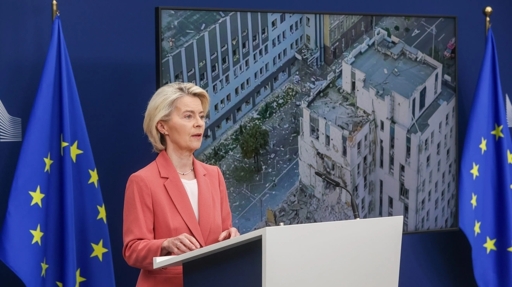The European Commission is working on a mechanism that would allow nearly €200 billion in frozen Russian assets to be transferred into a special fund and directed toward Ukraine’s reconstruction after the war.
Source: Politico, citing several European officials
Details: The media outlet writes that Brussels is testing the readiness of national governments to transfer the assets into higher-risk investments that could generate greater returns for Ukraine while increasing pressure on Russia, which continues to refuse to end its aggression.
Proponents also see the scheme as a step towards potential confiscation of Russian assets and their transfer to Ukraine as punishment for Moscow’s refusal to pay postwar reparations.
The plan, however, does not provide for immediate confiscation, which most EU countries oppose for financial and legal reasons.
On Saturday, the issue will be discussed for the first time by the foreign ministers of the EU’s 27 member states during an informal meeting in Copenhagen. A preparatory note reviewed by Politico mentions “further options for the use of revenues stemming from Russian immobilised sovereign assets”.
*“*We hear that it’s more difficult to raise money [from national finances or the EU budget]. [But] we have those assets there and the logical question is how can we and why don’t we use those assets,” Estonian Deputy Foreign Minister for Legal and Consular Affairs Kerli Veski told the outlet.
Within the European Commission, the idea is being pushed by Economy Commissioner Valdis Dombrovskis and foreign policy chief Kaja Kallas.
The Baltic states and some other EU members have long demanded the outright confiscation of all Russian funds, but most countries — notably Germany, Italy and Belgium — remain opposed. Belgium is especially vulnerable to legal and financial risks, as Euroclear, the financial institution holding most of the Russian assets, is located there.
As a workaround, Brussels is considering creating a special fund modelled on the European Stability Mechanism (ESM). Such a fund for Ukraine could also be opened to G7 countries, including the UK and Canada, both of which advocate confiscation. This mechanism would allow frozen assets to be invested in riskier, higher-yielding instruments, thereby generating additional resources for Ukraine, Politico notes.
Quote: *"*Skeptics, including Euroclear CEO Valérie Urbain, worry, however, that EU taxpayers would have to bear the brunt of any losses resulting from the riskier operations.
The Belgian government has recently warmed to the Commission’s plan, said an EU official and a senior non-Belgian diplomat, while countries farther away from Russia, such as Spain, are also backing the idea."
Support Ukrainska Pravda on Patreon!
From Ukrainska Pravda via this RSS feed


